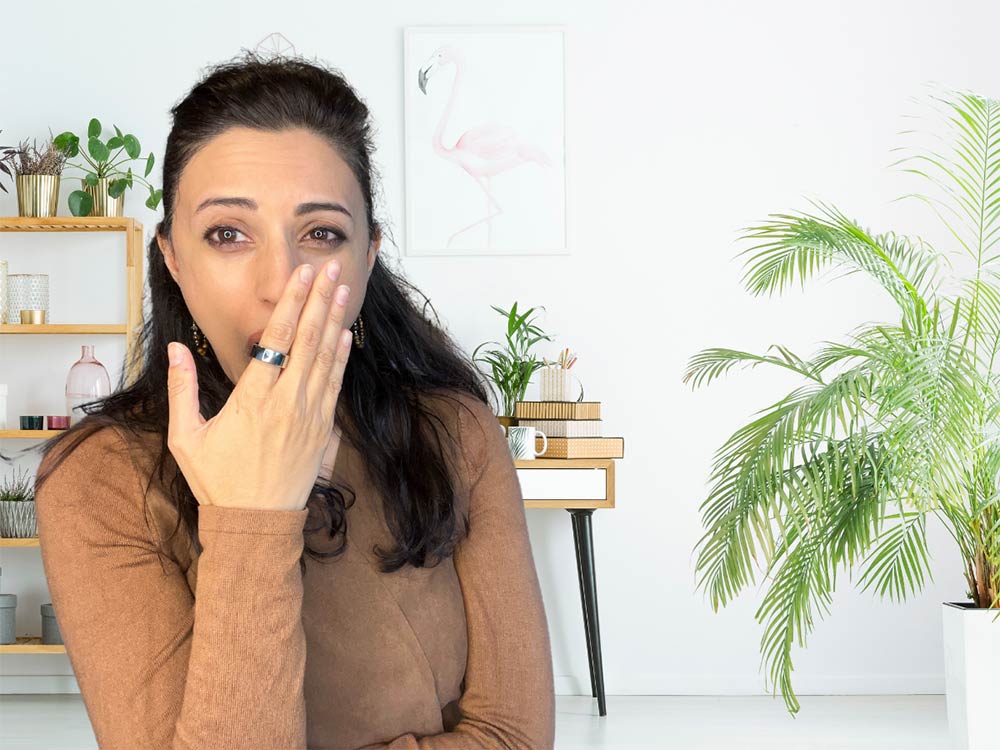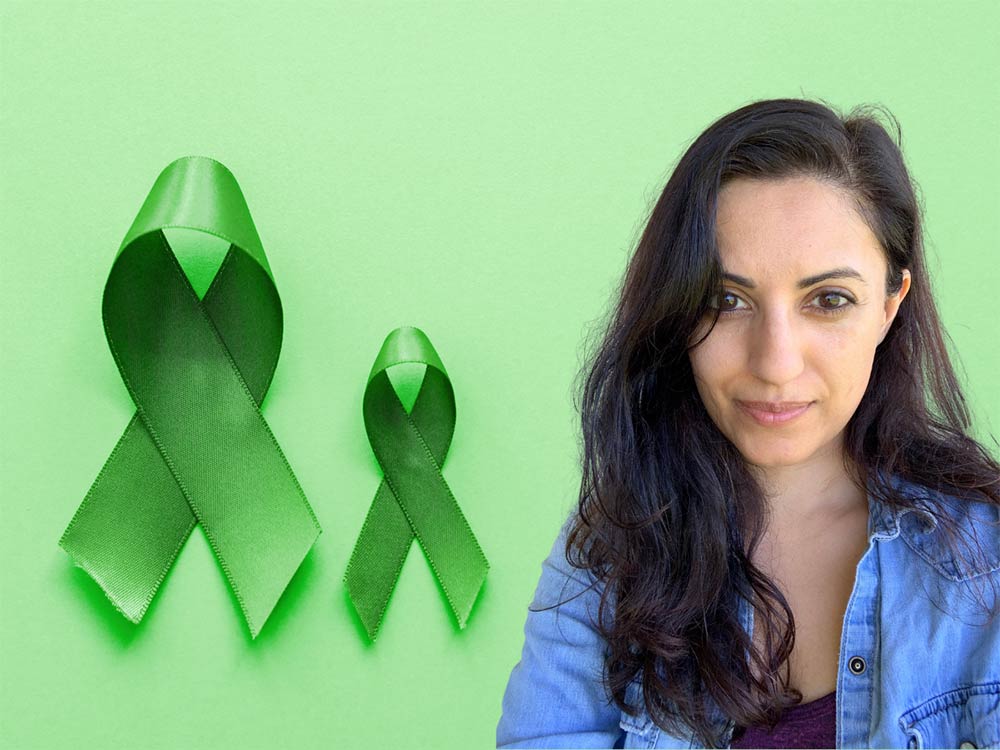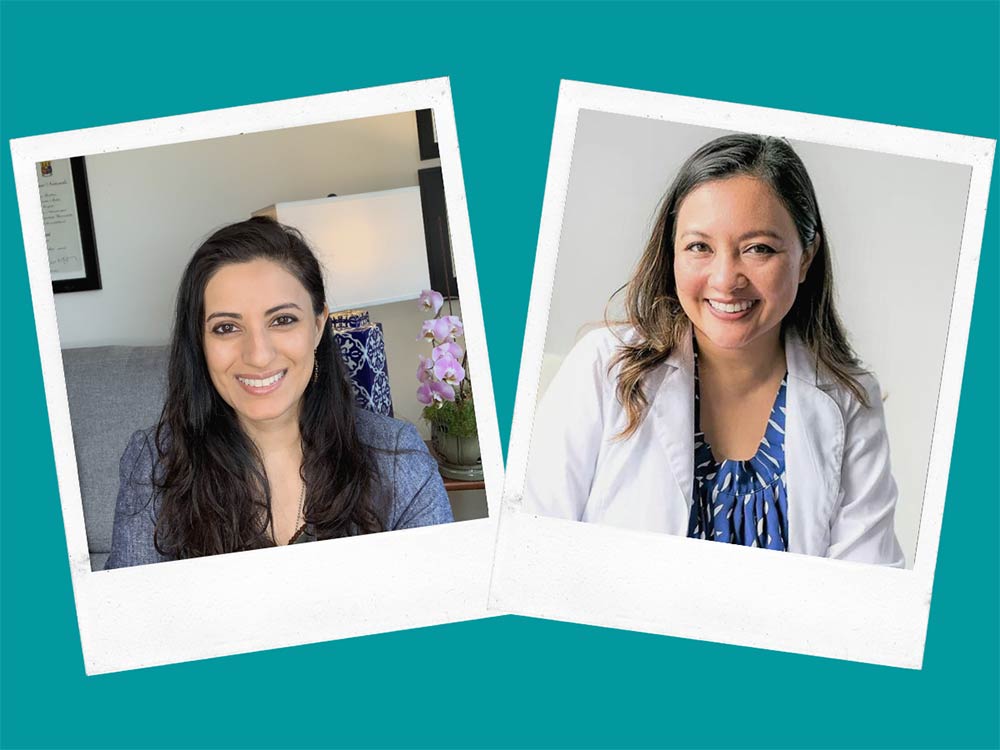Posted on January 4, 2022 by IntraBalance - Sleep Health
Posted on November 23, 2021 by IntraBalance - Sleep Health
Posted on November 16, 2021 by IntraBalance - Sleep Health
Posted on November 2, 2021 by IntraBalance - Sleep Health
Posted on October 26, 2021 by IntraBalance - Diet & Digestion
Posted on October 19, 2021 by IntraBalance - Sleep Health
Posted on October 12, 2021 by IntraBalance - Psychiatry
Posted on October 5, 2021 by IntraBalance - Productivity
Posted on September 28, 2021 by IntraBalance - Sleep Health
Posted on September 21, 2021 by IntraBalance - Sleep Health












Recent Comments